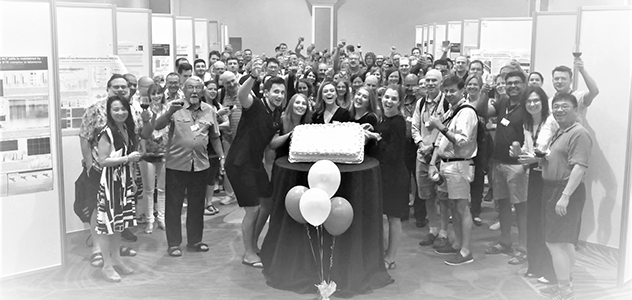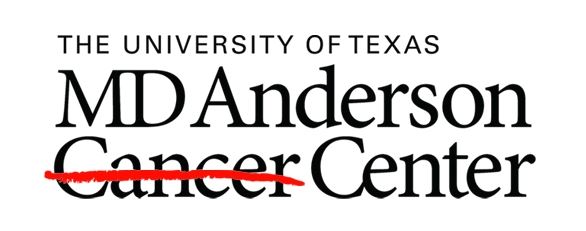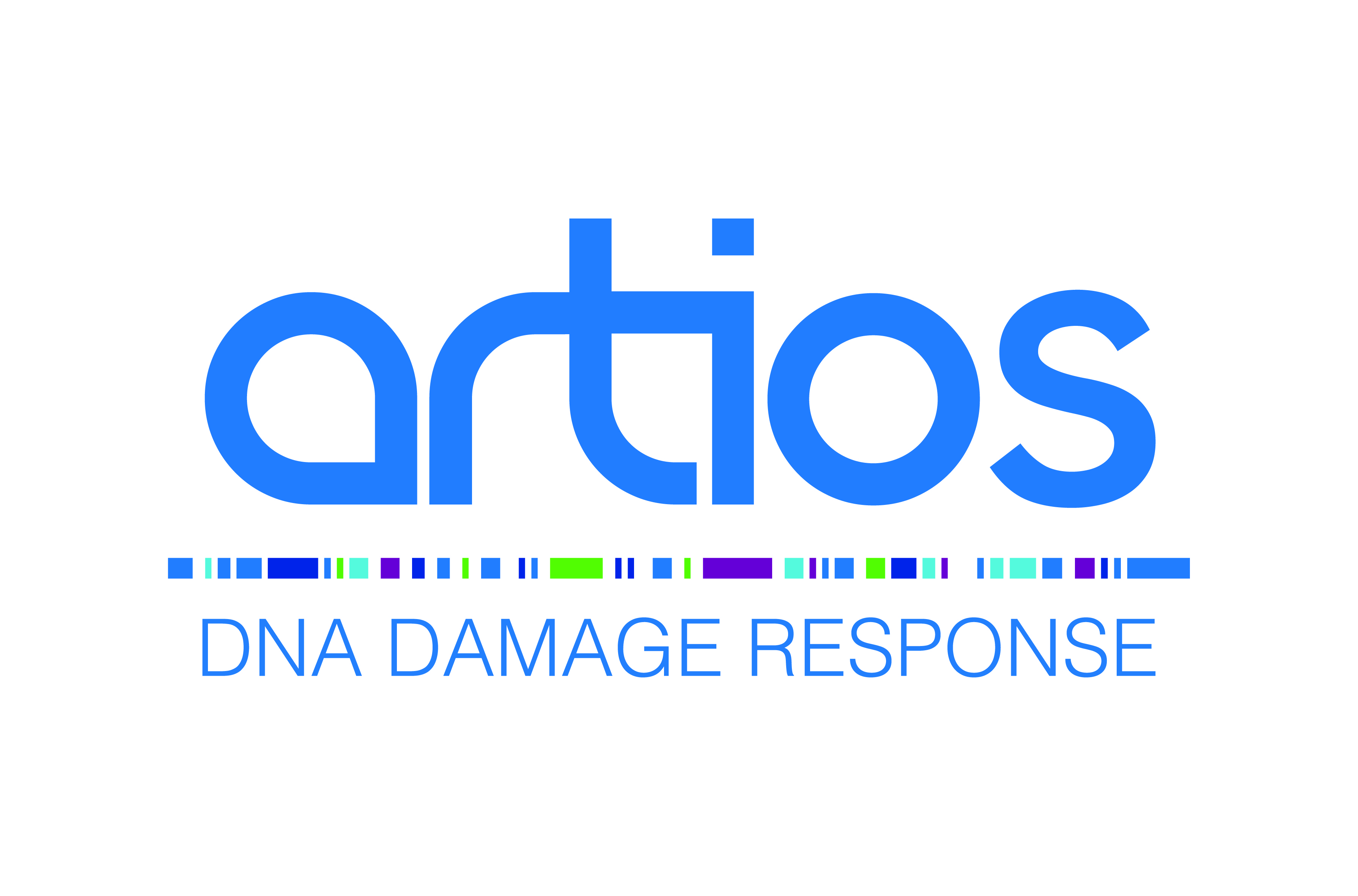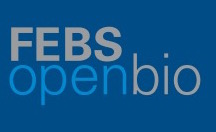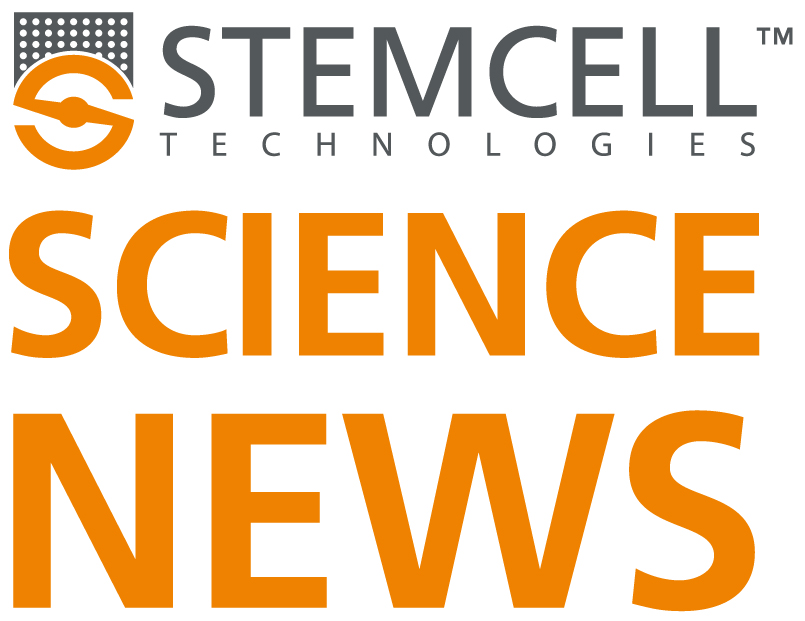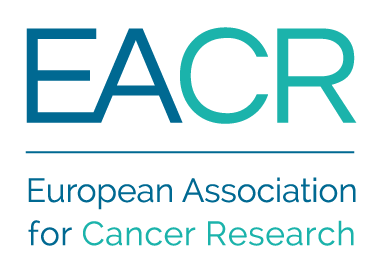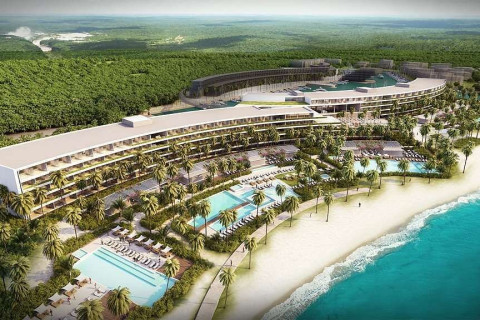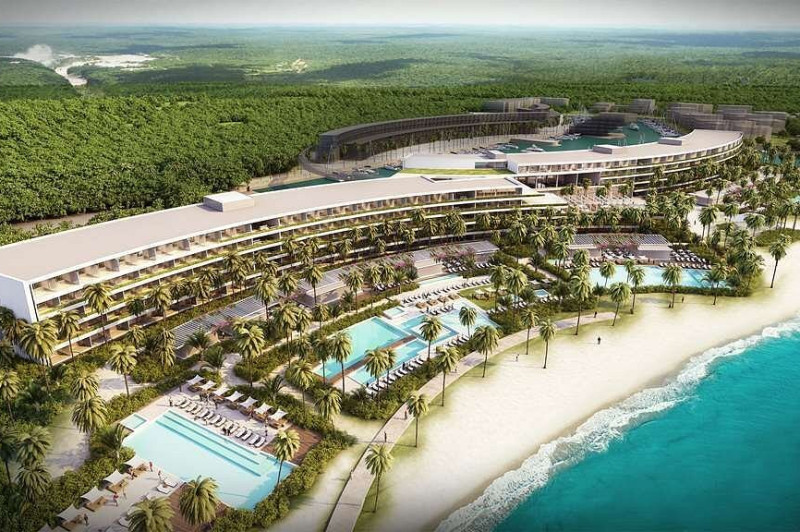- Home
- Past Conferences
- 6th DNA Repair/Replication Structures & Cancer Conference
6th DNA Repair/Replication Structures & Cancer Conference
#DRRSC24
14 Feb - 18 Feb 2024
Cancun, Mexico
-
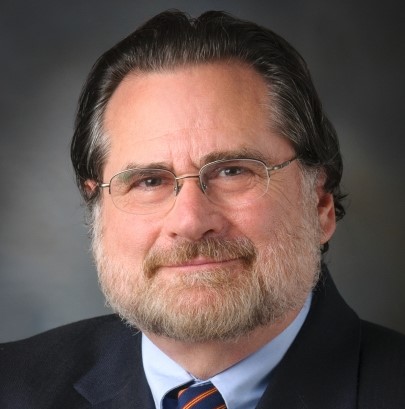
John Tainer
MD Anderson Cancer Center
-
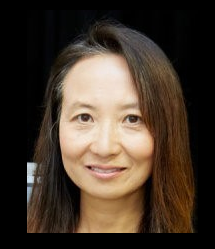
Xiaodong Zhang
Imperial College London
Early Bird - Expired • Talk Submission - Expired • Poster Submission - Expired • Registration & Payment Deadline - Expired
Synopsis
Important fundamental breakthroughs in cancer biology have come from the basic research discovery that defects in the tumor suppressor and DNA repair genes BRCA1/2 genes predispose to breast, ovarian, prostate, and pancreatic cancers. Furthermore, the game-changing synthetic lethality concept for defects with inhibitors to Poly-ADP-Ribose Polymerase 1 (PARP1) is transforming clinical cancer therapy and prompting many new clinical trials. Yet, key gaps in our molecular and mechanistic understanding of therapy efficacy limit our ability to fully harness the insights from DNA damage responses gained so far. In this context, striking ongoing advances in methods and results spanning from molecules to cells and organisms are implicating functionally-important molecular communications coupling the DNA damage response, responses to DNA replication fork instability and DNA-based immune response. Future master keys to cancer biology and advanced therapies will benefit from better defining these distinct cellular stress responses, their mechanistic interconnectivity, and their implications for cancer biology and therapeutic outcomes.
The 6th DNA Repair/Replication Structures & Cancer conference on 14-18 February 2024 will focus on molecular structural and mechanistic insights into dynamic complexes acting in DNA repair, replication, and inflammation and their intersections relevant to advanced cancer therapies. This fundamental information will be pivotal for pioneering research on DNA damage responses as well as for the accurate interpretation of cancer clinical data, design of clinical trials, prognosis, etiology and improving the currently low success rate for oncology drug clinical trials. Informative talks and poster sessions along with vibrant discussions will foster productive interactions, collaborations, and insights. In this conference and this area of science basic research is empowering medical advances and clinical data are unveiling basic relationships in ways that are completely changing how research and translation is being done.
To advance understanding, all presenters are asked to focus on unpublished work, cutting-edge approaches and mechanistic insights. The talks and discussions will seek to aid prediction of biological outcomes and plans to best apply basic research advances for cancer research and treatment. To include late-breakthrough advances and innovative new ideas and methodologies, many talks will be selected from submitted abstracts. Poster sessions are vital part of the conference and contribute greatly to the success of the conference with stimulating and in-depth discussions between junior researchers and well-established international leaders in their field. Meeting attendance is limited, and delegates are encouraged to submit applications and abstracts early to avoid disappointment.
What makes this meeting unique? Professor Ben Van Houten from the University of Pittsburgh says: "This conference stands out as the very best due to the amazing science, great speakers, wonderful venue, and Laura and her teams’ attention to every detail." Professor John Tainer from the University of Texas MD Anderson Cancer Centre says: “This conference makes me want to stand up and cheer because most participants contribute unpublished data and useful discussions that together can identify and fill knowledge gaps with potentially game-changing insights.”
Key Sessions
Sessions will include emerging results and breakthrough methodologies on core topics including:
- Double-Strand Break Repair by homologous recombination, non-homologous end joining, and alternative end joining.
- Base and Nucleotide Excision Repair and Mismatch Repair
- Replication stress and replication-associated repair
- Repair in Mitosis and Meiosis
- DNA and protein-DNA crosslinking repairs
- DDR and inflammation in disease and therapeutics
- DNA damage response at telomeres
- Molecular machines in DNA repair regulation
- DDR signalling and pathway choices
- Repair in the chromosome context
- New repair mechanisms and methodologies
- Transcription-repair interfaces
We are excited to continue the tradition from the last conference of including a session dedicated to DDR-based cancer therapeutics. This session will highlight new agents and new combined therapies that have recently entered the clinic and the translational potential of emerging mechanistic knowledge at the repair-replication-inflammation axis.
We are joined by the following incredible speakers:
Ranjit S. Bindra (Yale School of Medicine/Modifi Bio)
TARGETED DNA MODIFICATION: A NEW PARADIGM TO EXPLOIT DDR DEFECTS IN GLIOMA AND BEYOND…
Alejandro Alvarez Quilon (Repare Therapeutics)
EXPLOITING SYNTHETIC LETHALITY TO TARGET GENOME INSTABILITY IN CANCER
Helen Robinson (Artios)
TARGETING THE DDR FOR CANCER THERAPY
Timothy Yap (MD Anderson Cancer Center)
TARGETING ATR IN THE CLINIC: MONOTHERAPY AND COMBINATION STRATEGIES
Student & Postdoc Offer
Take advantage of this fantastic opportunity for students and postdocs! Fully paying 'single' or 'shared' registrants can bring one student or postdoc for only $1,200. Both registration packages include; accommodation for the 14, 15, 16, 17 Feb 2024 (students and postdocs are required to share a room under this offer) and a food and beverage package for the conference period. Once registered, please contact Laura to obtain a special registration link for your student or postdoc.
Plenary Speakers
Simon Boulton (Francis Crick Institute)
CANCER DRIVERS THAT ESTABLISH ALTERNATIVE LENGTHENING OF TELOMERES
Maria Jasin (Memorial Sloan Kettering)
PROTECTING THE GENOME BY HOMOLOGOUS RECOMBINATION
Rising Star Plenary Speaker
Irene Chiolo (University of Southern California)
HETEROCHROMATIN REPAIR MECHANISMS
Confirmed Speakers
Ranjit S. Bindra (Yale School of Medicine/Modifi Bio)
TARGETED DNA MODIFICATION: A NEW PARADIGM TO EXPLOIT DDR DEFECTS IN GLIOMA AND BEYOND…
Cynthia Burrows (University of Utah)
G-QUADRUPLEXES CONNECT BER TO GENE INDUCTION: STRUCTURE & MECHANISM
Junjie Chen (MD Anderson Cancer Center)
REPLICATION STRESS AND CELL CYCLE CHECKPOINT CONTROL
Francesca Cole (MD Anderson Cancer Center)
AGE-DEPENDENT ALTERATIONS IN DNA REPAIR CAUSE CHROMOSOME MIS-SEGREGATION IN MEIOSIS
Alan D'Andrea (Dana-Farber Cancer Institute)
TELOMERE HETEROCHROMATIN ASSEMBLY DURING ALTERNATIVE LENGTHENING OF TELOMERES
Samir Hamdan (KAUST)
HUMAN MATURATION OF OKAZAKI FRAGMENTS IS DYNAMIC, NON-PROCESSIVE AND STRIKINGLY SLOW
Yuan He (Northwestern University)
STRUCTURAL BASIS OF DNA DOUBLE-STRAND BREAK REPAIR BY NHEJ
Karl-Peter Hopfner (Ludwig Maximilian University of Munich)
DNA SENSING AND PROCESSING BY THE Mre11-Rad50 COMPLEX
Stephen Kowalczykowski (University of California, Davis)
MOLECULAR MECHANISM OF CHROMOSOME MAINTENANCE BY HOMOLOGOUS RECOMBINATION
Susan Lees-Miller (University of Calgary)
UNCOVERING DNA-PK DEPENDENT INTERACTIONS
Joseph J. Loparo (Harvard Medical School)
ASSEMBLY AND REMOVAL OF THE NON-HOMOLOGOUS END JOINING REPAIR COMPLEX
John Pascal (University of Montreal)
PARP ENZYMES IN THE DNA DAMAGE RESPONSE AND PARP INHIBITOR MECHANISMS
Lori Passmore (MRC Laboratory of Molecular Biology)
MOLECULAR INSIGHTS INTO DNA CROSSLINK REPAIR
Brian Plosky (Cell Press)
DNA REPAIR AND REPLICATION AND MOLECULAR CELL
Alejandro Alvarez Quilon (Repare Therapeutics)\
EXPLOITING SYNTHETIC LETHALITY TO TARGET GENOME INSTABILITY IN CANCER
Helen Robinson (Artios)
TARGETING THE DDR FOR CANCER THERAPY
Eli Rothenberg (New York University)
DISTINCT MECHANISMS OF PARP INHIBITORS-INDUCED SYNTHETIC LETHALITY AND THERAPEUTIC RESISTANCE
Katharina Schlacher (MD Anderson Cancer Center)
BRCA1/2 FORK PROTECTION FUNCTIONS IN TUMOR SUPPRESSION AND CHEMORESISTANCE
Maria Spies (University of Iowa)
STRUCTURE OF THE DOUBLE-RING OF HUMAN RAD52 AND REPLICATION FORK REMODELLING
Jessica Tyler (Weill Cornell Medicine)
UNUSUAL CHROMATIN INTERACTIONS BY A TARDIGRADE PROTEIN PROTECTING AGAINST OXIDATIVE DNA DAMAGE
Johannes Walter (Harvard Medical School)
AI-DRIVEN INVESTIGATION OF GENOME MAINTENANCE
Steve West (Francis Crick Institute)
RAD51-BCDX2 AND RAD52: CRYO-EM STRUCTURES, FUNCTIONS AND DNA REPAIR MECHANISMS
Dale Wigley (Imperial College London)
NUCLEOSOME FLIPPING DRIVES KINETIC PROOF READING AND PROCESSIVITY OF HISTONE EXCHANGE BY YEAST SWR1 COMPLEX
Scott Williams (NIH)
MOLECULAR MECHANISMS OF TOP2 DNA PROTEIN CROSSLINK RESOLUTION
Rui-Ming Xu (Chinese Academy of Sciences)
MECHANISMS OF HISTONE BINDING AND NUCLEOSOME ASSEMBLY BY CHROMATIN ASSEMBLY FACTOR-1
Wei Yang (NIH)
PROS AND CONS OF DNA REPAIR IN HEREDITARY DISEASES
Timothy Yap (MD Anderson Cancer Center)
TARGETING ATR IN THE CLINIC: MONOTHERAPY AND COMBINATION STRATEGIES
Xiaolan Zhao (Memorial Sloan Kettering Cancer Center)
STRUCTURAL AND FUNCTIONAL INSIGHT INTO A VERSATILE GENOME PROTECTOR COMPLEX Smc5/6
Learning Objectives
Inform basic and clinical researchers on current advances in methodologies, approaches, mechanistic and structural knowledge suitable to understand and predict damage responses and their relationship to cancer. Create optimal formal and informal opportunities to gain new knowledge and to establish fruitful collaborations among key stakeholders in damage responses and cancer research.
Educational Need
This conference will bring together basic and clinical scientists working at the forefront of DNA repair, replication, inflammation, and post-translational modification including PARylation for cancer biology and medicine. Presentations will consider diverse cutting-edge methodologies and integrated approaches to investigate the structures and mechanisms of dynamic protein, chromatin, DNA and RNA complexes. The conference will showcase breakthrough advances and new developments in these areas. It will furthermore provide opportunities for industry and academia to consider and exchange emerging results in this exciting, rapidly advancing arena. The inter-disciplinary nature of the presented work will create strong synergies among participants and outstanding opportunities for exchanging information and developing fruitful collaborations. The cross-disciplinary interactions will be invaluable training for young scientists to work in these and other emerging areas of science.
Target Audience
Academic and industrial researchers (including established and junior principal investigators, postdoctoral fellows and PhD students) interested in DNA damage responses, replication, inflammation, and their intersection with cancer biology and cancer drug discovery. The focus will be the molecular mechanisms of and interfaces controlling damage responses and cancer biology and thereby impacting therapeutic outcomes.
5th DRRSC Photos

4th DRRSC (Fusion's 75th Conference)
Confirmed Speakers
Chairs

John Tainer
MD Anderson Cancer Center

Xiaodong Zhang
Imperial College London
Plenary Speakers
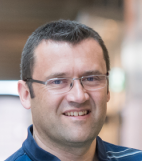
Simon Boulton
Francis Crick Institute
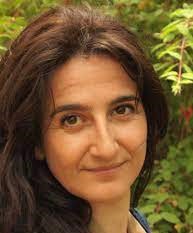
Irene Chiolo
University of Southern California
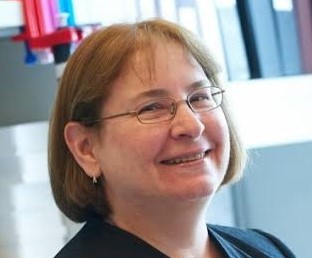
Maria Jasin
Memorial Sloan Kettering
Invited Speakers
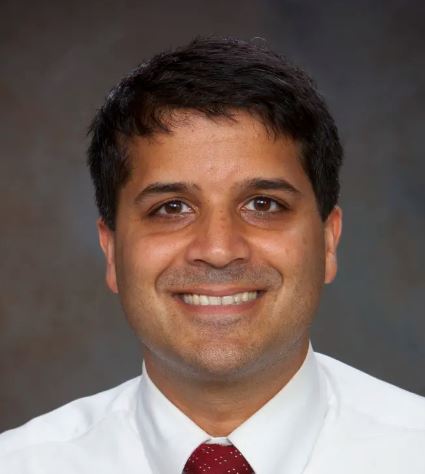
Ranjit S. Bindra
Yale School of Medicine

Cynthia Burrows
University of Utah
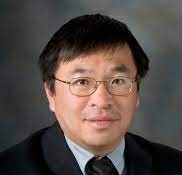
Junjie Chen
MD Anderson Cancer Center
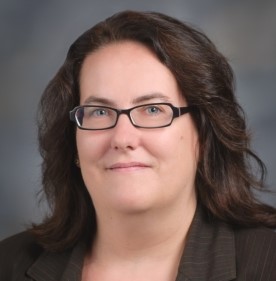
Francesca Cole
MD Anderson Cancer Center
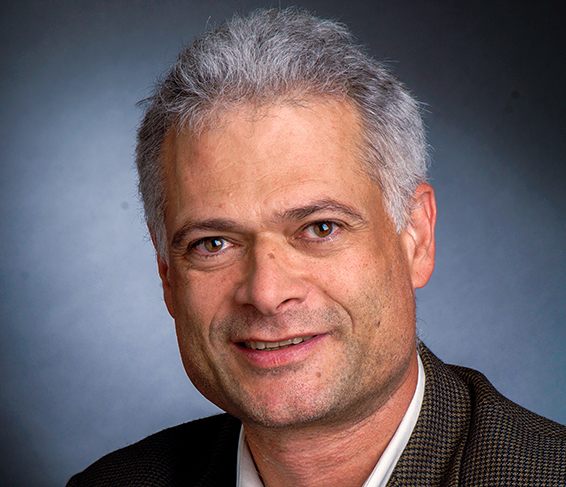
Alan D'Andrea
Dana-Farber Cancer Institute
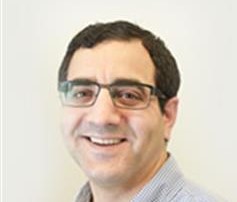
Samir Hamdan
KAUST
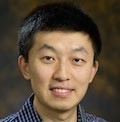
Yuan He
Northwestern University

Karl-Peter Hopfner
Ludwig Maximilian University of Munich
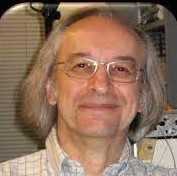
Stephen Kowalczykowski
University of California, Davis

Susan Lees-Miller
University of Calgary
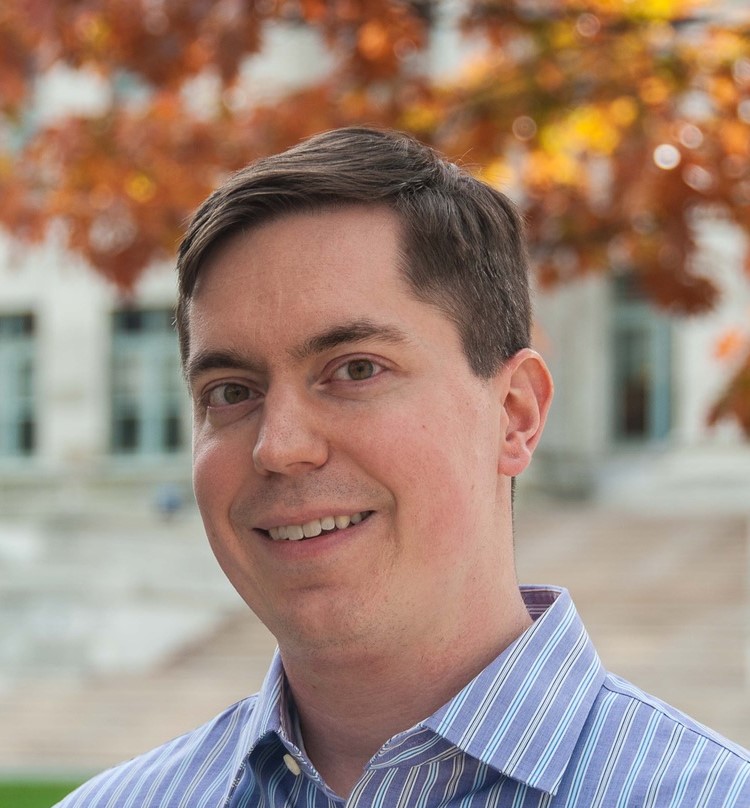
Joseph J. Loparo
Harvard Medical School
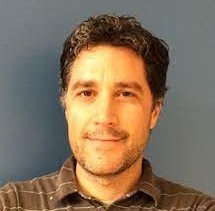
John Pascal
University of Montreal
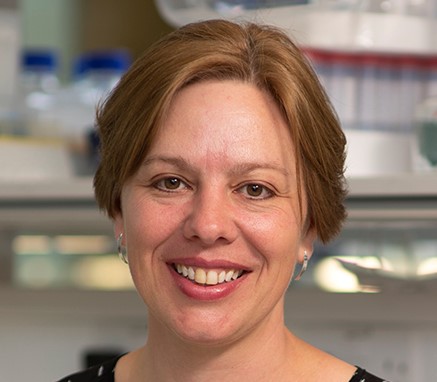
Lori Passmore
MRC Laboratory of Molecular Biology
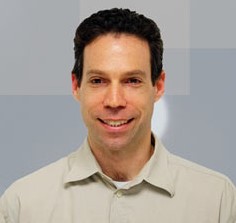
Brian Plosky
Cell Press
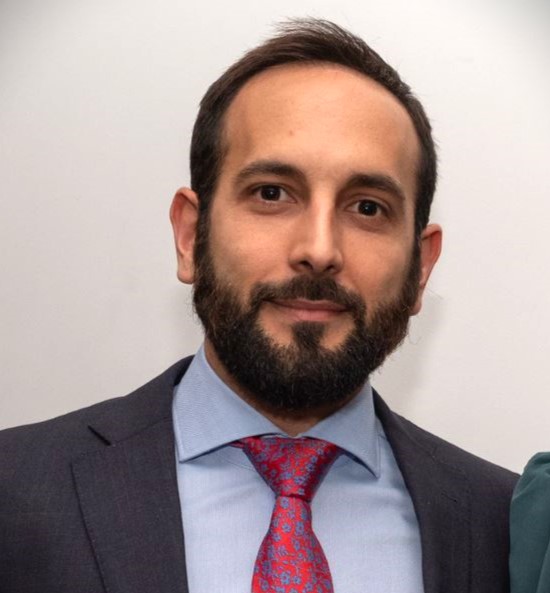
Alejandro Alvarez Quilon
Repare Therapeutics

Helen Robinson
Artios
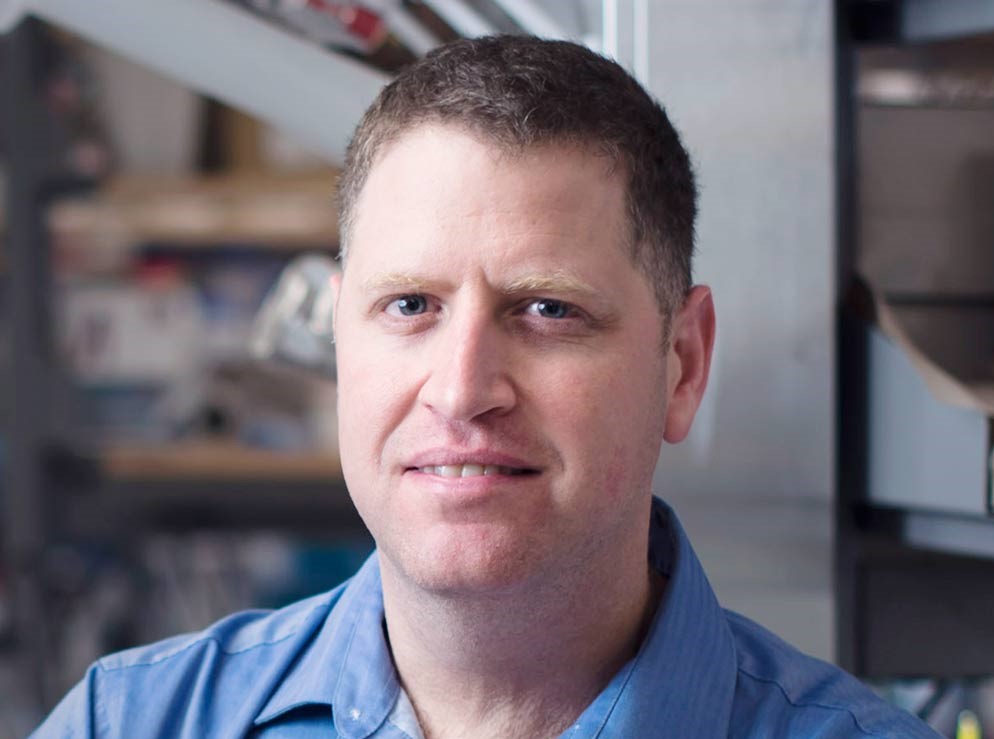
Eli Rothenberg
New York University
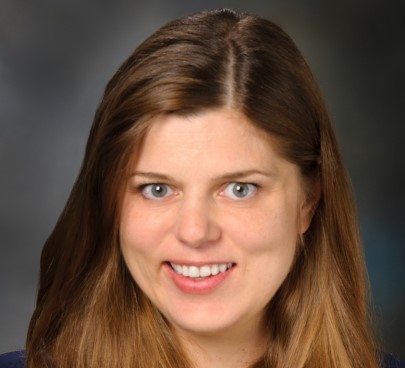
Katharina Schlacher
MD Anderson Cancer Center
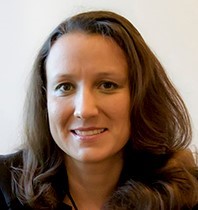
Maria Spies
University of Iowa
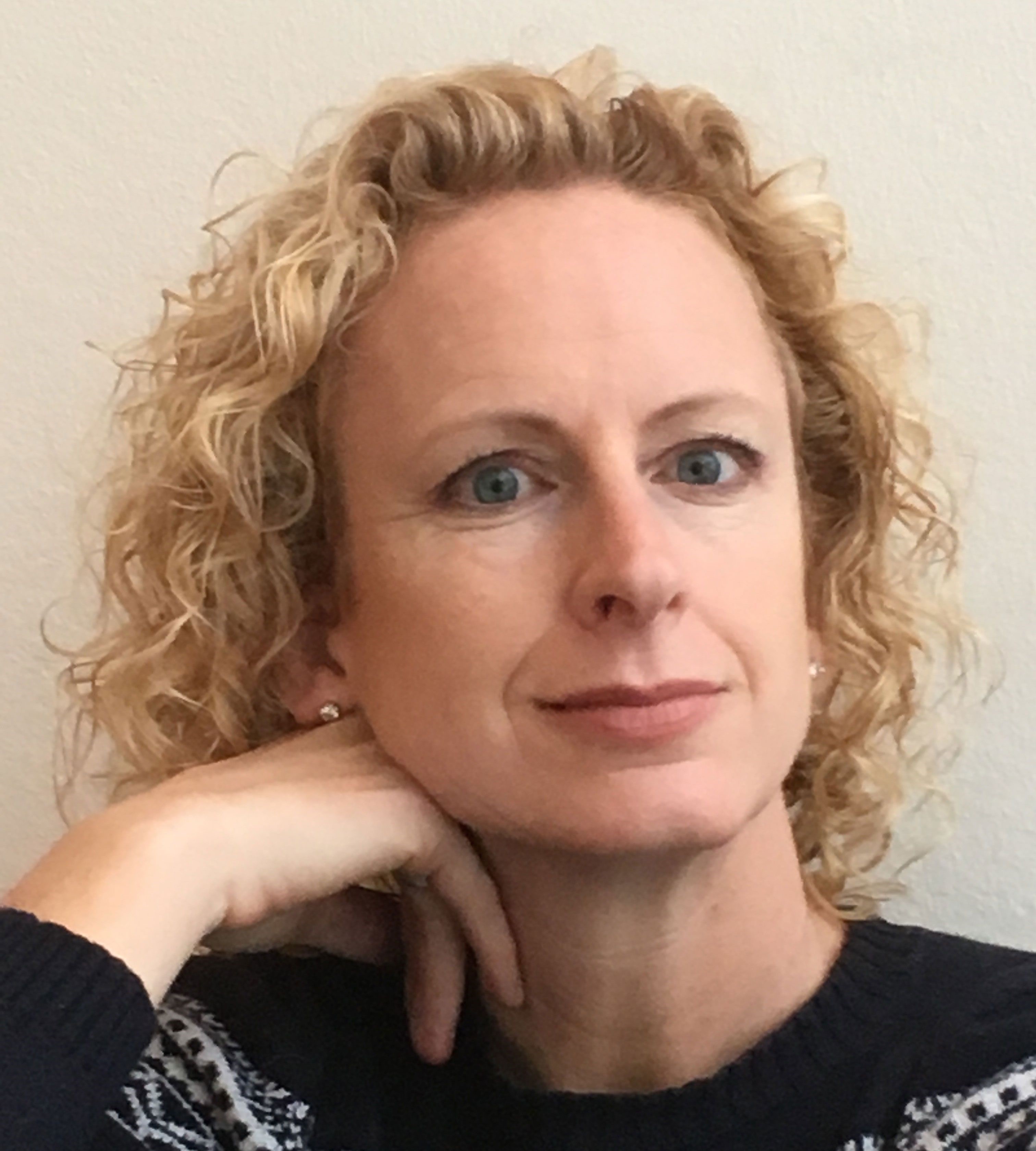
Jessica Tyler
Weill Cornell Medicine
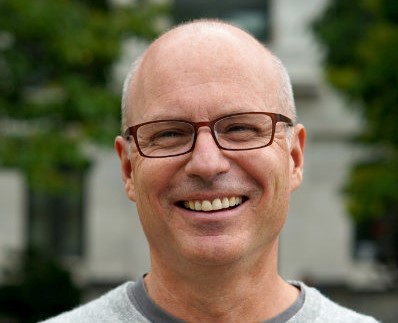
Johannes Walter
Harvard Medical School
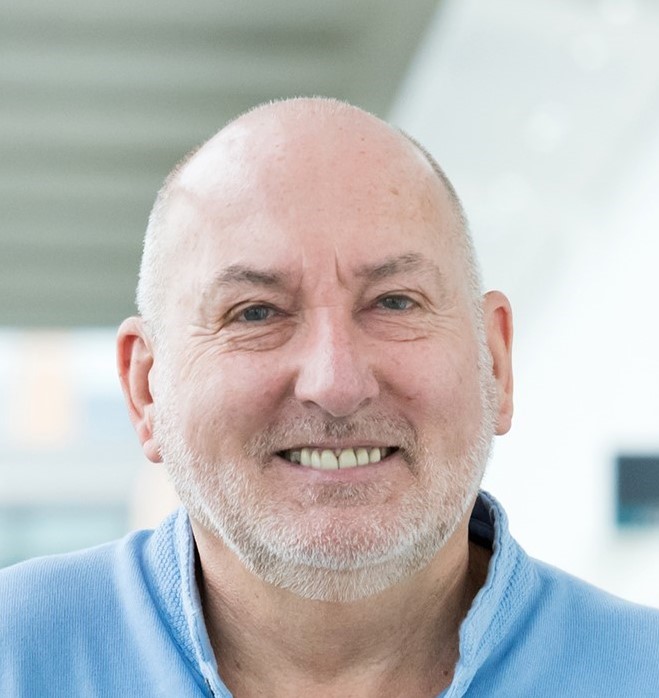
Steve West
Francis Crick Institute
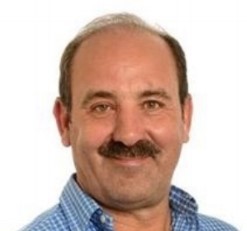
Dale Wigley
Imperial College London
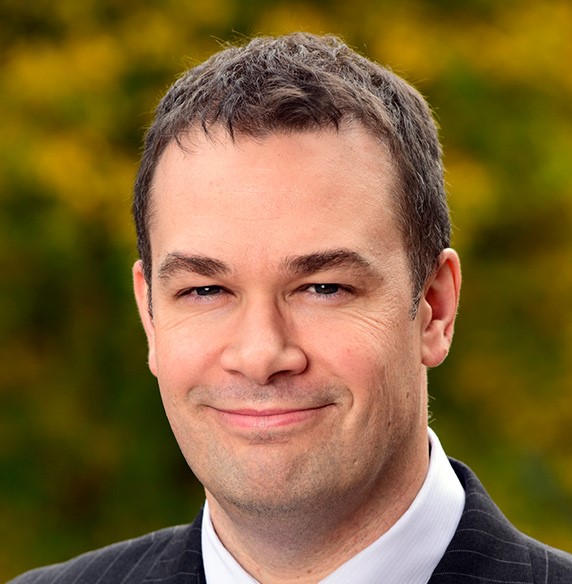
Scott Williams
NIH
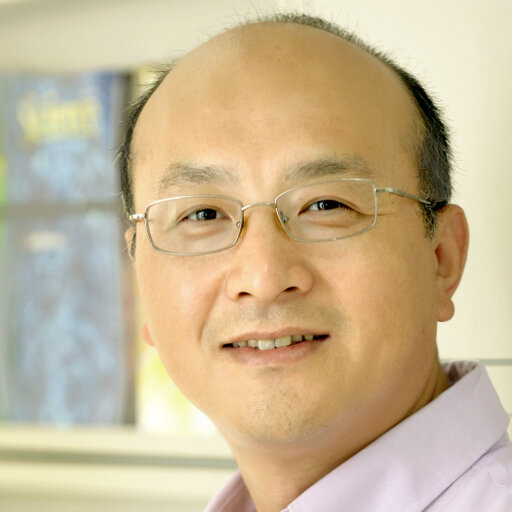
Rui-Ming Xu
Chinese Academy of Sciences

Wei Yang
NIH
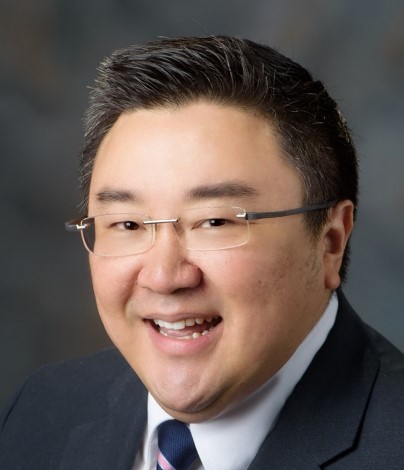
Timothy Yap
MD Anderson Cancer Center
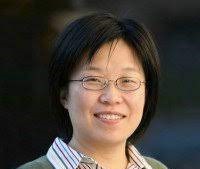
Xiaolan Zhao
Memorial Sloan Kettering Cancer Center
Programme
Please note the programme is subject to change.
Discussion is valued: 5 minutes is saved for discussion following each talk.
*Selected from abstracts.
Grants
Please see below opportunities for financial support for students, postdocs and early career researchers. If you have any questions, please reach out to the Conference Manager, Laura Trundle.
Student & Postdoc Offer
Take advantage of this fantastic opportunity for students and postdocs! Fully paying 'single' or 'shared' registrants can bring one student or postdoc for only $1,200. Both registration packages include accommodation for the 14th, 15th, 16th and 17th Feb 2024 (on a shared basis for students/postdocs) and an all inclusive food and beverage package for the conference period. Once registered, please contact Laura Trundle to obtain a special registration link for your student or postdoc.
ECR Awards
Unfortunately, all grants have been awarded. We apologise if you missed out on this opportunity.
We have been able to create several ECR awards. Two different award values are available, $500 or $1,000 and these have been set aside for early career researchers. If you are a student, postdoc or junior faculty (within 3 years of your position), you are eligible. To apply please email the conference manager, Laura Trundle. Your application should include your name, organisation, career level, an abstract for talk or poster consideration and a short summary answering the below questions (no more than 50-100 words per question).
- What cutting edge aspects of your work will you share at the meeting?
- What knowledge gaps are you addressing in the field?
- Why do you require financial support to attend?
- Are there any other reasons as to why your application should strongly be considered?
Applications will be considered as they are submitted so we recommend applying early to avoid disappointment as we only have a limited number of ECR awards available. If you are interested in presenting a poster, please ensure your abstract and ECR award application are submitted no later than midnight BST on 10 January 2024.
Supported by
Venue & Location
Fiesta Americana Condesa Cancun All Inclusive
This stylish hotel features contemporary Mexican architecture, including one of the largest and most impressive thatched-roof "palapas" in the entire country. There are cultural activities, arts and crafts and sports programs to keep you constantly entertained, plus time to relax and enjoy the Mayan culture, soak up the Caribbean sunshine and revel in the international ambiance that settles in after the sun goes down.
Throughout your stay delegates will enjoy a full meal plan, inclusive of beverages. Take your pick from the aromatic Asian delights at Kaumbu, traditional fare at El Mexicano, delicious international cuisine at Kalmia Buffet or perhaps sample the sumptuous Italian dishes at Rosato. There are also several other dining opportunities such as the Cevichería, Pizzeria, Sushi Corner, pool and lounge bar areas. The Gala Night with either a Mayan or Caribbean theme takes place on the third evening of the conference with a mouth-watering feast of local cuisine, an open bar and amazing local entertainment. We welcome all delegates and their accompanying persons to the Gala Night – a truly fun filled night not to be missed!
Hotel facilities include a lagoon pool, gym, spa, complimentary WIFI throughout the hotel, convenince store, kids club, room service, laundry services (with extra charge) and beach.
General Information
Venue Rating
★ ★ ★ ★ ★
Currency
US Dollar (USD)
Address
Fiesta Americana Condesa Cancún All Inclusive Blvd. Kukulcan km 16.5 Zona Hotelera 77500 Cancun Q.R. Mexico
Nearest Airport
Cancun International Airport
Location
Cancun is a delightful combination of natural beauty, islands, ecological reserves and white sandy beaches. However, besides sun, sand and sea, this destination also offers an infinite variety of underwater activities to choose from: the diving, snorkelling and fishing here are outstanding and you will find an undersea world packed with tropical fish that live on the second largest barrier reef in the world. Sports enthusiasts might choose one of the many eco-tourism activities, such as cycling or hiking through the tropical forest or kayaking through mangroves, or something a little more adventuresome, like zip lining through the treetops.
Apart from the more well-known ancient Mayan archealogical sites such as Tulum, Cobá and Chichén Itzá you may like to visit the Aktun Chen caverns, voted one of the Top 10 underwater walks by National Geographic described as a truly magical experience.
Conference History
If you are interested in this meeting but not yet ready to register, you can sign up for updates here and our team will keep you updated regarding deadline reminders and grant opportunities relating to this meeting only.
If you're interested in sponsoring this conference please contact us.
Conference Manager

Laura Trundle
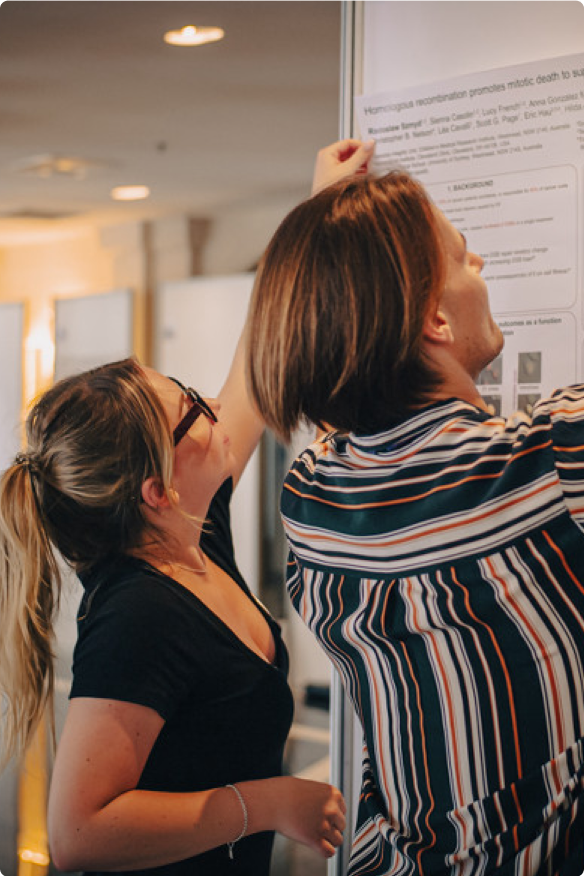

Need some help? Chat to the Fusion team today
As a family run business, our dedication runs deep. We’re committed to each other and, even more so, to every attendee’s experience, delivering a level of care and passion that’s truly unmatched.








